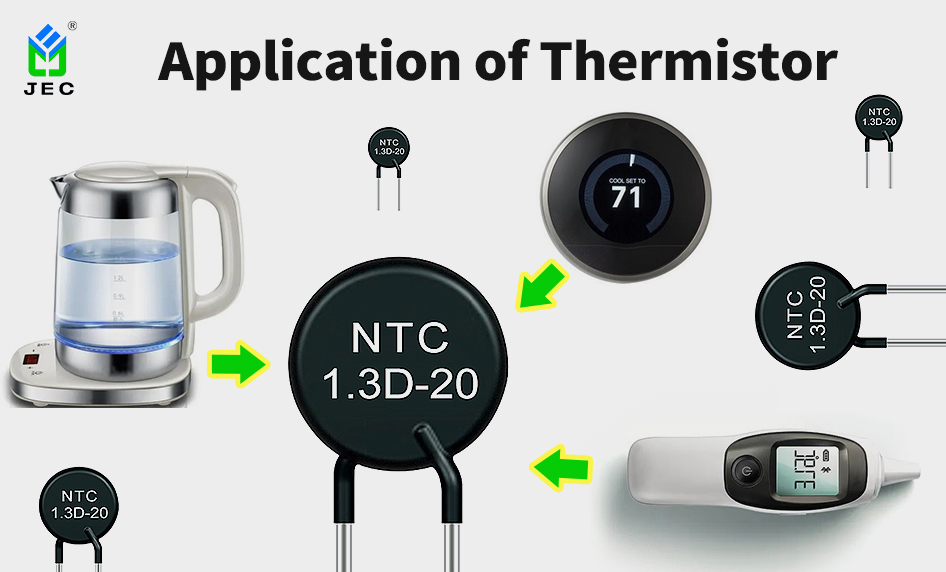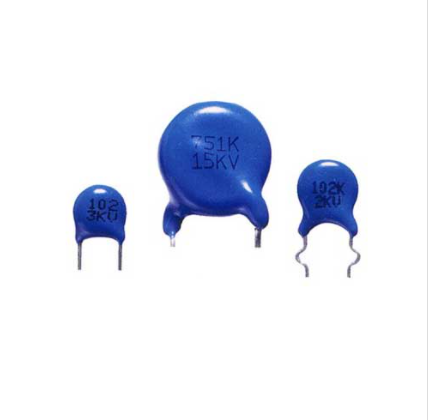Apr. 22, 2025
Did you know that a tiny thermistor could play a big role in keeping your electronic devices safe and running smoothly?
A thermistor is a highly temperature-sensitive electronic component. Thanks to its wide operating temperature range, compact size, high stability, and ease of use, it is widely applied in the field of electronics—especially in devices that rely on temperature changes for control, such as air conditioners, induction cookers, and medical equipment.
However, during actual use, some consumers may worry whether a thermistor could short circuit—after all, many electronic components can suddenly short out during operation.

A short circuit can not only cause electronic devices to malfunction but may also lead to accidents. So whether a thermistor can short circuit is a valid concern.
Thermistors are divided into two categories based on their temperature behavior: Negative Temperature Coefficient (NTC) thermistors and Positive Temperature Coefficient (PTC) thermistors.
NTC thermistors exhibit a decrease in resistance as temperature rises, while PTC thermistors show the opposite behavior—their resistance increases as temperature goes up.
Although a thermistor's resistance changes with temperature, under normal operating conditions, it will not short circuit simply because it reaches a certain temperature.
Short circuits are typically caused by improper circuit connections or damaged components, not by the thermistor itself. Here are two common causes that may lead to thermistor-related short circuits:
Improper Installation
If the thermistor’s leads are poorly connected or installed incorrectly, they may come into direct contact with other components or the circuit board, resulting in a short circuit.
External Interference
External factors such as mechanical vibration or impact can cause the thermistor’s leads to loosen or break, which may lead to an accidental connection with other components.
In mobile devices or environments with significant vibration, thermistors can be more vulnerable to such interference. If the leads are not securely fixed, they may move or break, leading to shorts.
Therefore, short circuits involving thermistors are typically the result of improper installation or external interference. Being aware of these risks and taking preventive measures can effectively avoid such problems.

Which Electronic Products Use Varistors
Apr. 22, 2025

What causes ceramic capacitors to age
Apr. 22, 2025

Apr. 22, 2025
+86 181 2299 5593
+86 18122995593
+86 769 8831 3605
Beside Luchong Bridge, Hou Road, Caibai Village, Daojiao Town, Dongguan, Guangdong, China
Navigation